Reasoning from Utopia vs. from Reality (Part 1) (Patreon)
Downloads
Content
Recently I had been talking to a friend over lunch about AI and one of the things that came up was the fact that some technologies can have the effect of making us lonelier. Later in the day, I came across this video titled How capitalism causes loneliness from the channel Second Thought with 1.5 million subscribers. The title caught my eye as it seemed quite in line with what my friend and I were talking about, but I was surprised that the aim of the video and most of the channel was essentially to denounce capitalism and promote socialism.
<figure>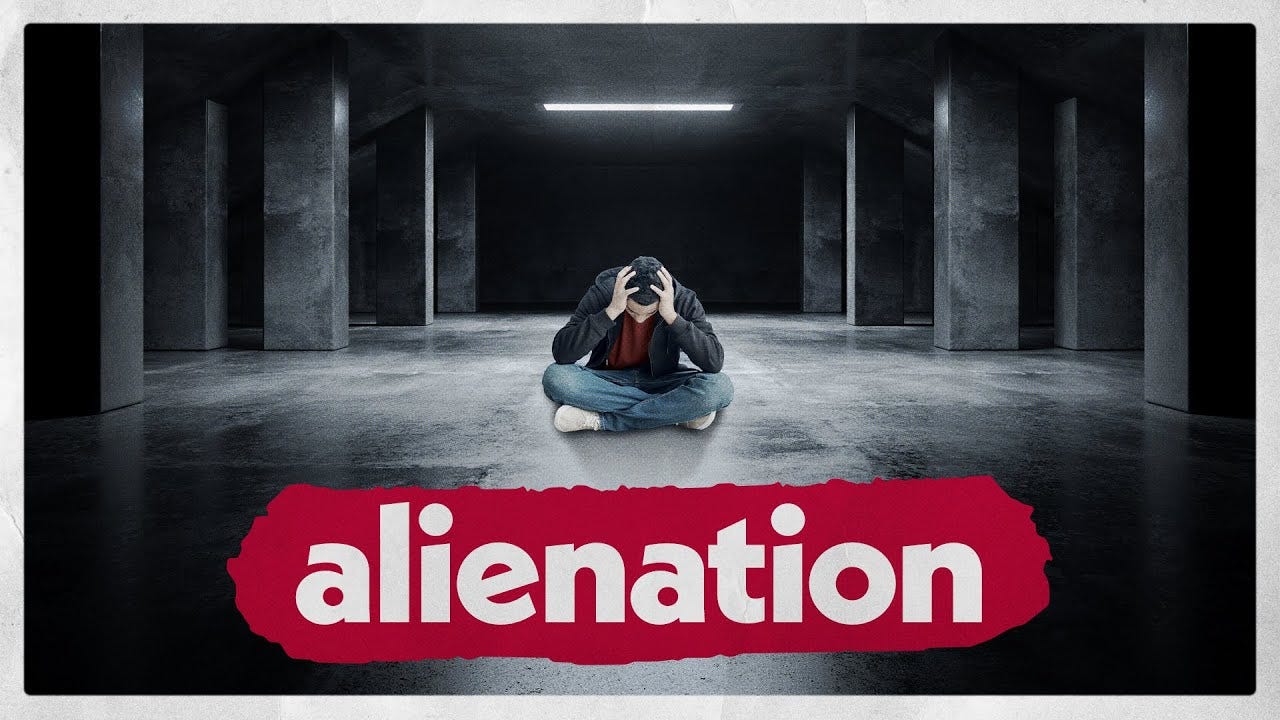 </figure>
</figure>The channel specifically describes itself as devoted to sharing the “leftist perspective.”
<figure> </figure>
</figure>Last October, Greta Thunberg told an audience in London that"the whole capitalist system" should be overthrow because it is responsible for "imperialism, oppression, genocide... racist, oppressive extractionism."
<figure> </figure>
</figure>Yes, capitalist countries like the United States are certainly not perfect - plenty of unfair things can and do happen in a capitalistic country. They should be changed and improved. However are those bad things an unavoidable feature of capitalism? Even then, should we expect all those problems to be solved were that country to be socialist? What are the trade-offs?
<figure>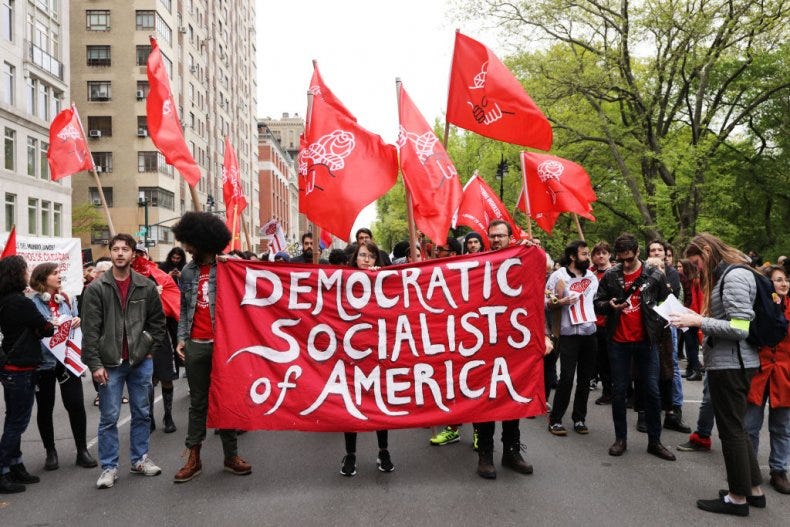 </figure>
</figure>We’ll address the specific points made in the Second Thought video in this article:
1 - What is capitalism
2 - How does it dehumanize people for profit?
3 -What does it mean to be a "cog in the machine"?
4 - Is capitalism zero sum?
5 - Does work exploit you into being lonely?
…but first you might be wondering whether socialism is still an idea with any influence.
<figure>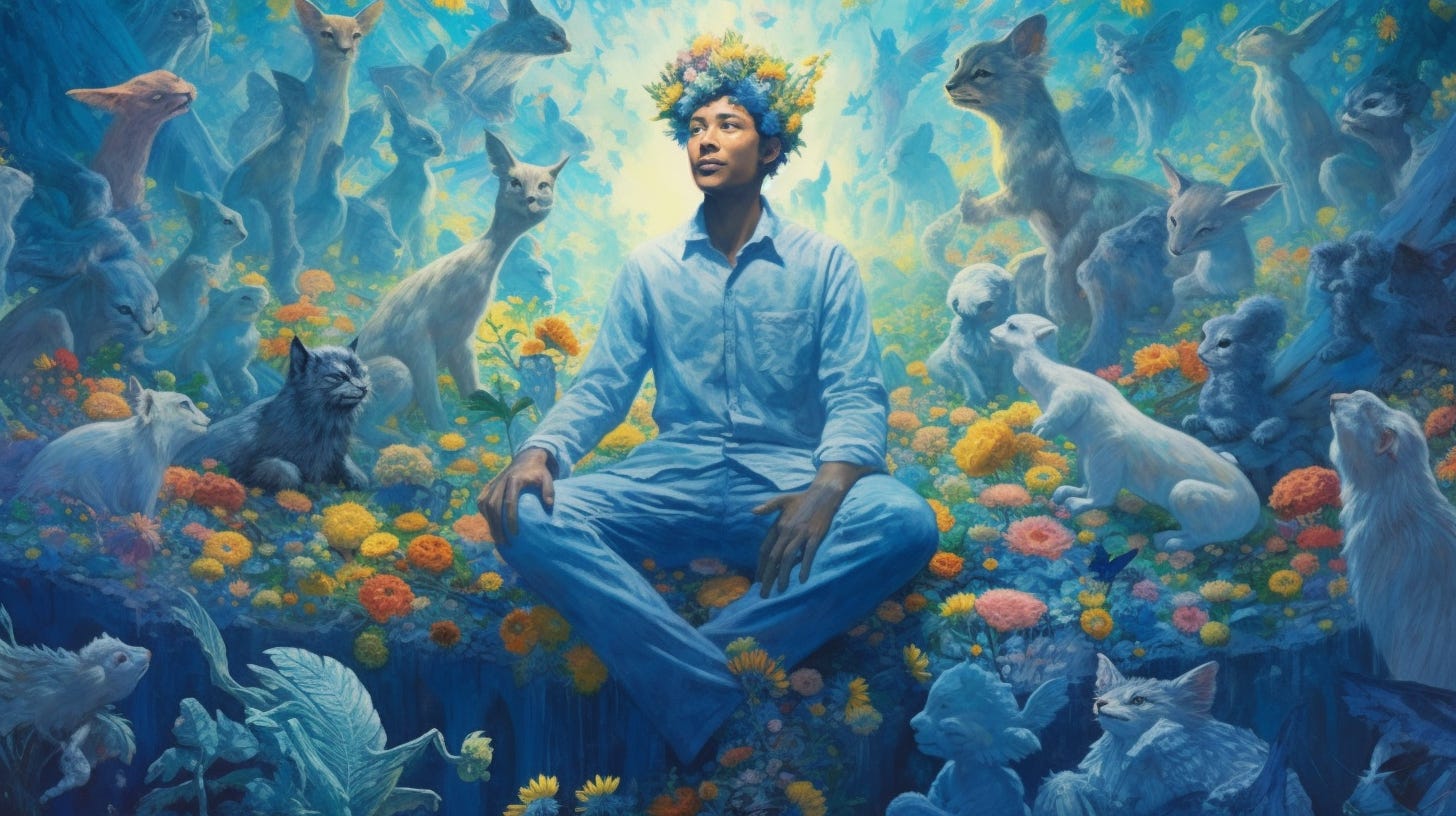 </figure>
</figure>Why do young people like Socialism?
Socialism seems to have gained a lot of popularity with young people lately. According to the Guardian, 2/3rds of young Britons want to live under a socialist economic system.
According to a survey by Axios and Momentive, 61% of Americans aged between 18 and 24 had a positive reaction to the word "socialism." More recent data from 2023 showed that 54% of Gen Z hold negative views of capitalism and 41% held favorable views of socialism.
I think one reason for this is that they’re adopting Utopia First type thinking - they aren’t thinking first whether Socialism actually works, they think that it is more ‘fair” so it is the most moral.
<figure>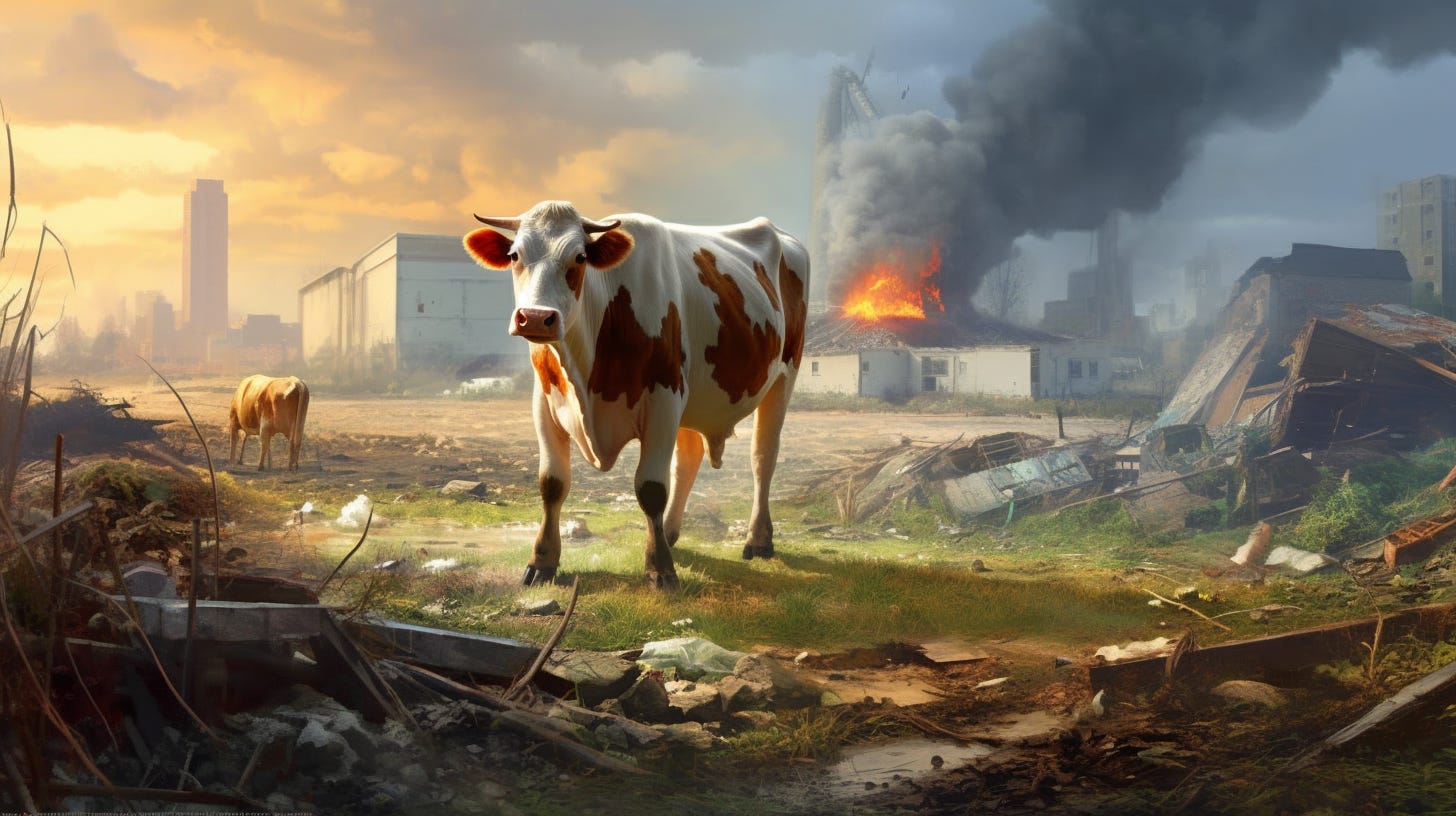 </figure>
</figure>First Principles vs. Utopia First
To go from one reality and move to a better reality, we need an effective mental framework that will get us there. I’m sure everyone is familiar with the concept of First Principles, which is essentially is where you start your reasoning based on what you know to be true in reality and then you move upwards to a lofty goal from there. On the other hand, some ‘leftist’ ideas seem to start by reasoning down from a lofty moral ideal detached from reality and worry about.
As opposed to First Principles, let’s call this type of thinking Utopia First.
Some may think ‘ending animal agriculture will save the world’ is a leftist idea, others may not but it illustrates the Utopia First type of reasoning I’m talking about. Let’s ignore my video Eating Less Meat won’t Save the Planet and assume that animal agriculture is the biggest threat to the climate so we should allocate massive resources to mitigating the emissions from animal agriculture. In any case, the current animal agriculture system could be much better and should continue to be innovated upon. However, because it’s imperfect does that mean we should completely tear it down?
Utopia First thinking: Because animal agriculture is a great evil, great good will come from totally getting rid of it. That is, the solution is to completely rebuild the food system.
First Principles thinking: While animal agriculture is imperfect, it is very effective in providing calories and nutrition to many people. Attempting to replace animal agriculture with a theoretically effective system (that lacks reality testing) will come with a considerable cost as it will inevitably disrupt the highly-complex food system that is already in place. There is already a precedent of beef production experiencing drastic increases in efficiency and in recent years beef producers have already shown that they can achieve reductions in emissions. Thus, the most practical solution is to allocate resources towards helping animal agriculture reduce its emissions rather than simply destroying it.
The thought seems to be that because something is theoretically perfect, it is worth tearing down the existing reality tested, imperfect but working system. This might sound like I’m saying “the current thing works, so don’t bother.” Of course we should improve upon existing systems, but this doesn’t mean they should be destroyed because they are imperfect. Perhaps some things are worth completely rebuilding from the ground up, whether it is in fact worth it to do so can only be determined by First Principles thinking.
“There are no solutions, only trade offs”
<figure>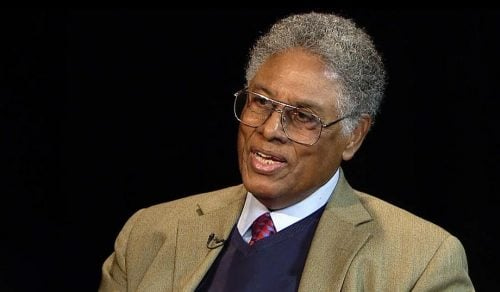 </figure>
</figure>2×
0:00
-0:04
American economist Thomas Sowell used to consider himself a Marxist and when asked “what was your wake up to what was wrong with that line of thinking,” Sowell answered: “Facts.”
Sowell has suggested that it’s common for the left to adopt this type of Utopia First thinking - to reason from a lofty vision of a morally perfect society and worry about the reality later. (In the case of Socialism, apparently it is somehow fair and moral to steal from people if you vote for it.)
Thomas Sowell has said: “There are no solutions, there are only trade-offs.”
This seems to be the sort of reasoning that attracts some people to veganism, the idea that there is a complete ‘solution,’ to animal suffering, climate change and health. The whole world can stop eating animal foods without any trade-offs.
<figure>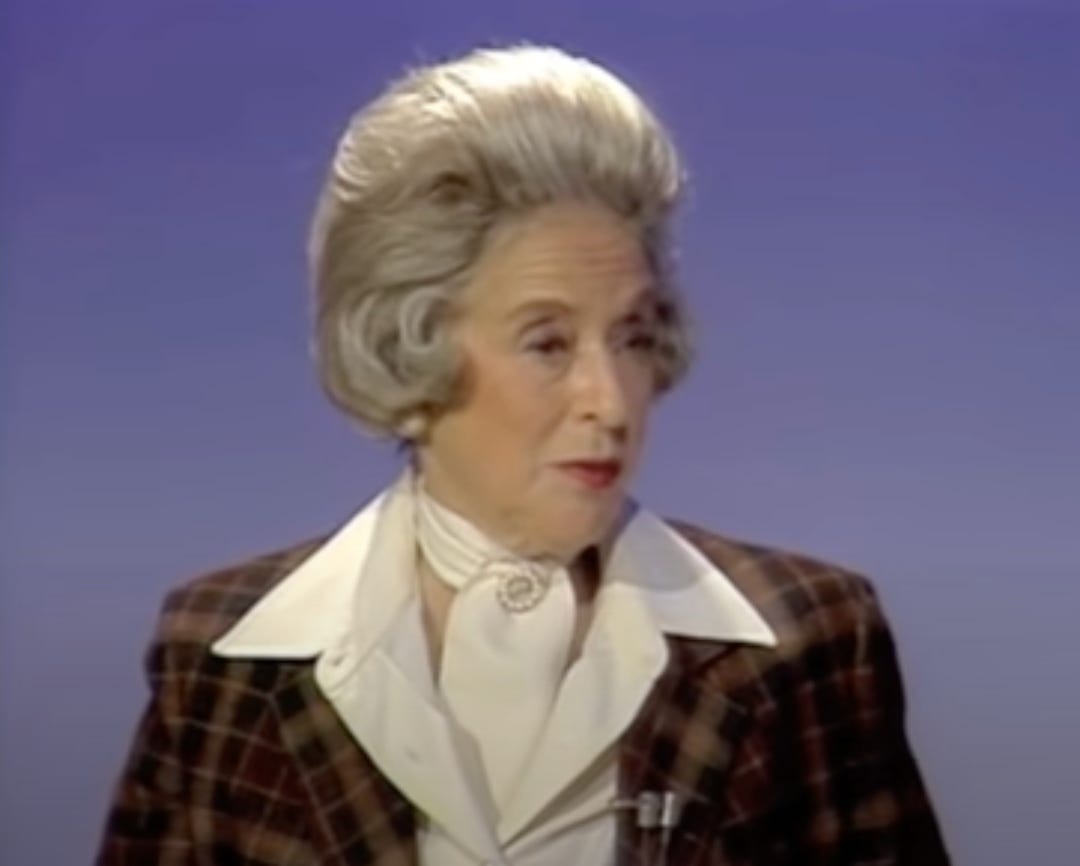 </figure>
</figure>In 1981, Sowell appeared in a televised debate on a show called Firing Line. There he was being questioned by activist Harriet Pilpel. Pilpel said to Sowell:
“…white males make $17,427 on an average basis for the year … white females make $10,244... It is clear from these figures, as indeed I think it's clear to most of us from what we see, that there is a discrimination against women in our present system...After some brief back and forth, she continues:…you would also have to agree that, generally speaking, women are paid less, for example, for the same jobs as men.<figure>
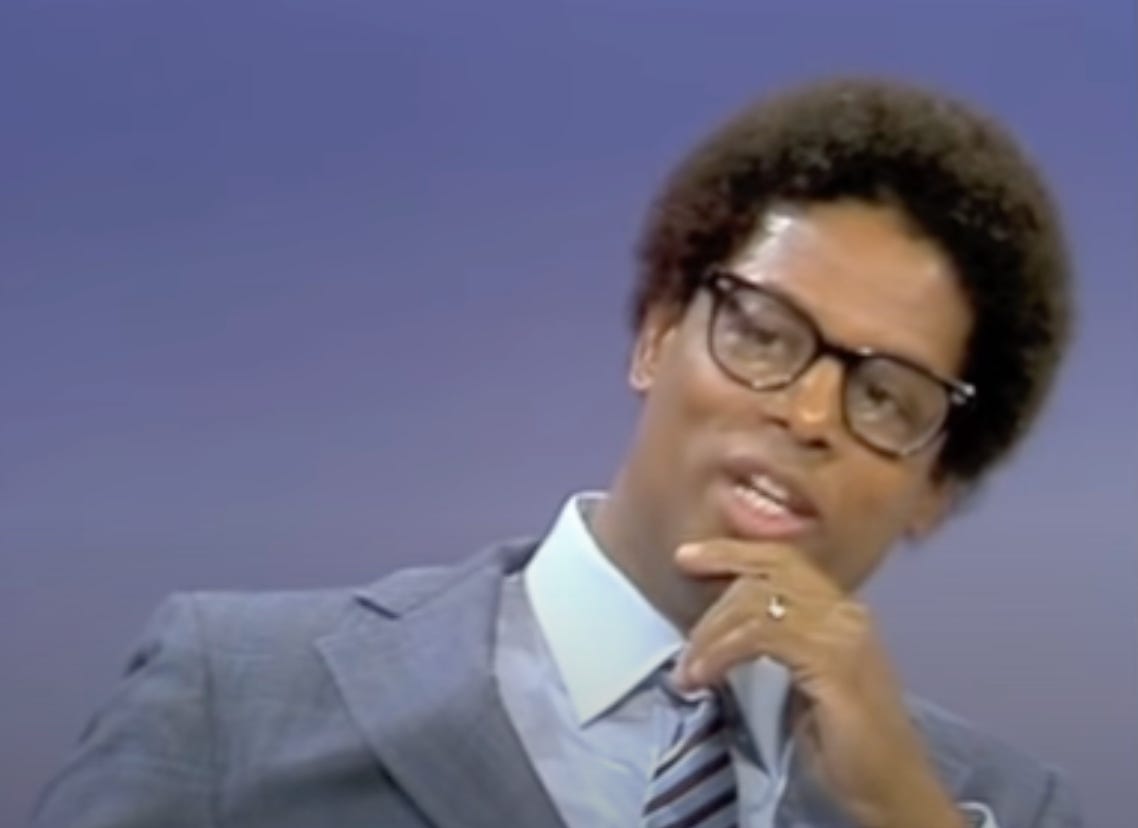 </figure>
</figure>Sowell responds:
No, I would not. I would not agree with that. If you're talking about women with the same number of years of experience, with the same continuous service, et cetera, then when I look at that, I don't find that disparity. ... The difference with women is between married women and everybody else. That's the real difference.
Pilpel replies:
Well, even as to single women, the Census Bureau of Statistics, the most recent ones I could find, 1978, say that single men are earning $11,100 and single women are earning $9,300.
Sowell responds:
Yes, I love the word “single” that is used. When I did my study, I didn't use single, I use never married. You see, a woman who is single at age 40 having spent ten or 20 years raising children is really not quite the same as a man at age 40 who's been working continuously for.
So at least in 1981, due to insufficient interfacing with reality (the data), Pilpel was misunderstanding the cause of the gender pay gap to be some kind of immorality. This leads us back to the Second Thought video about capitalism causing loneliness because it’s another example of misunderstanding the cause of the woes that people may experience in a society that happens to be capitalist.
<figure>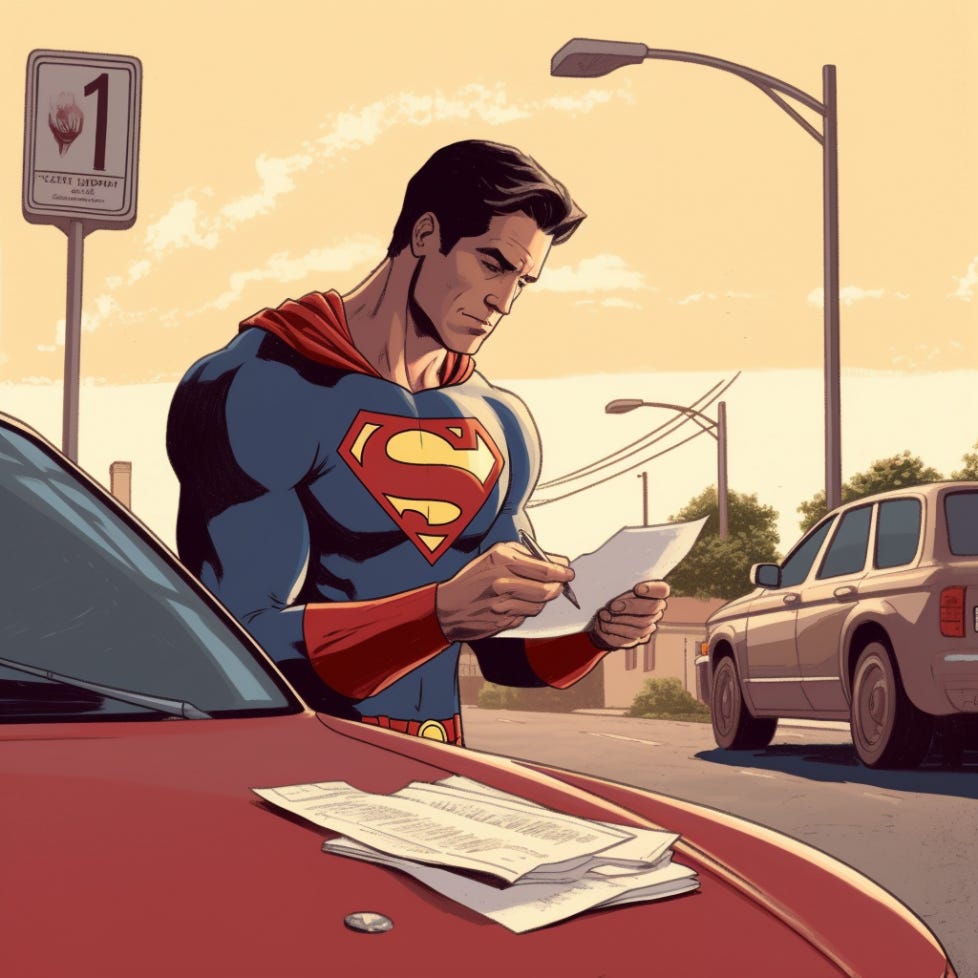 </figure>
</figure>Specifics: The enemy of the Utopia First thinking
Thomas Sowell has said that:
“There are 3 questions that would destroy most of the arguments of the Left.
The first is – compared to what?
The second is – at what cost?
And the third is – what hard evidence do you have?”
Let’s keep these three questions in mind as we analyze the Second Thought video. As we’ll see his video doesn’t provide specifics that can actually be reality tested. He mostly just provides vague criticisms of capitalism and assumes that because socialism is not capitalism, it will not be liable to have similar (nor worse) issues.
*(For this post we’ll ignore the countless real-world examples of socialism utterly failing and address Second Thought’s arguments as they are.)
<figure> </figure>
</figure>1. What is Capitalism?
First, the video establishes that loneliness is a problem nowadays. He acknowledges that phones, social media and technology in general are culprits here, but he says around 3:54 that a “bigger” issue is capitalism.
For centuries now, socialist thinkers, led by the Dapper Young Marx, have anticipated that capitalism would produce the kind of acute loneliness we're experiencing today.
He elaborates at 5:15 that
There's something else that's to blame for a big chunk of the loneliness we feel that can't be addressed by either individual practices or a little extra funding for community organizations. And that's capitalism, which especially in its neoliberal variant, produces, thrives on, and actually even demands more individualization and the ever greater atomization of our society.
He defines Capitalism here as
“making stuff for the sole purpose of selling it for more than it costs to make profit motivated production. The way this production is organized under capitalism is by class. You have the class of people who own the resources needed to produce commodities and those who are hired to use these resources for the production of goods capitalists and workers, employers and employees.”
“I have never understood why it is "greed" to want to keep the money you have earned but not greed to want to take somebody else's money.” -Thomas Sowell
This is quite interesting because the way ‘greedy capitalists’ enter into this ‘class’ is by creating or earning the means of production by exchanging generated value in order to acquire it. Ransom Olds wasn’t ‘anointed’ into the class of ‘automotive assembly line patent owners’ in 1901. Using his skills and intelligence, he invented it and patented it.
Is it supposed to be a given that it is more fair or moral for someone to have the means of production that they acquired with either their own labor or their own money (which only has value because it was once either traded for labor or the products of labor that others willingly deemed valuable) seized by a socialist government?
<figure>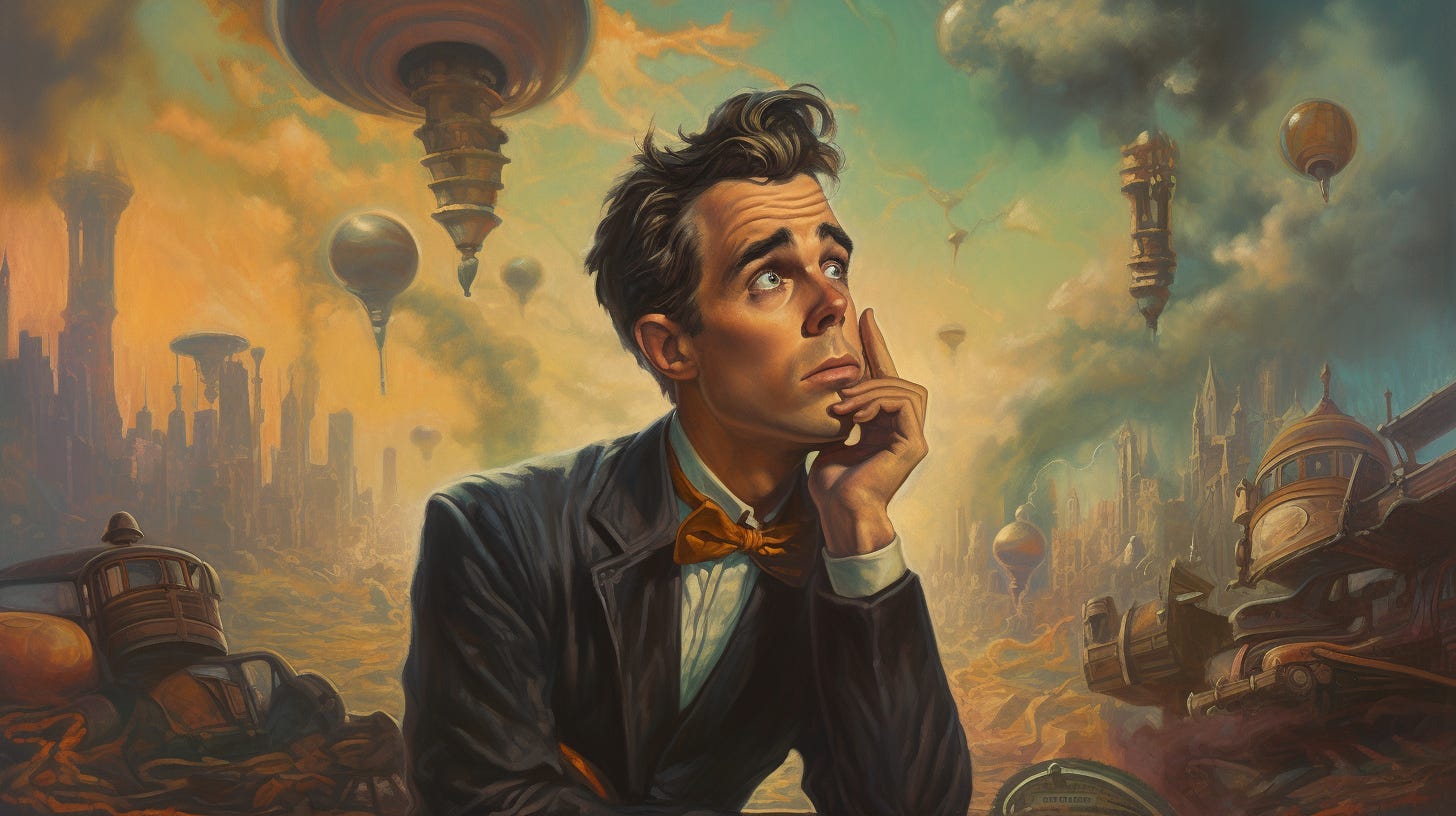 </figure>
</figure>2. Capitalism dehumanizes people for profit
He says that the people are dehumanized by those who own the means of production (their employers) for the purpose of profit:
Almost all of us sell eight or more hours of our day to somebody else. During that time, we kind of stop being people and become just another resource that yields profit for our employers.
What exactly does it mean to ‘stop being a person?’
Am I being dehumanized by Youtube and 2 million subscribers because I have to continue to produce content that other people find valuable to earn revenue?
I presume you will still need to work in a socialist society. Why would you no longer ‘have to stop being a person’ when you are just ‘another resource that yields profit’ for the socialist society?
Yes, when you voluntarily apply for a job of your choosing and you are then assessed based on your competence as someone appropriate for that job, you are in essence agreeing to sell your time for an agreed upon rate. Obviously, the employer pays you for your time because your work is seen as valuable to the company and most often that means you help increase profits. I have no idea how that stops you from being a person.
At this point let me establish that he misconstrues “capitalism” with crappy job. Yes, if you enter into a workplace that sucks, then it will suck. That’s not capitalism’s fault.
<figure> </figure>
</figure>He goes on to say work sucks because we don’t get to be “complex, interesting human beings with different interests and emotions” when we are working. What does that mean?
Certain jobs will suck for certain people. Some companies have a dress codes, overly strict KPI’s, demeaning bosses, no flex-time, some don’t these things. These aren’t facts of capitalism. If you voluntarily enter a soul-crushing job, you can voluntarily quit that job.
How exactly would a socialist society guarantee that your new socialist job would allow you to be a “complex, interesting human being with different interests and emotions” any better than in a capitalist society?
<figure>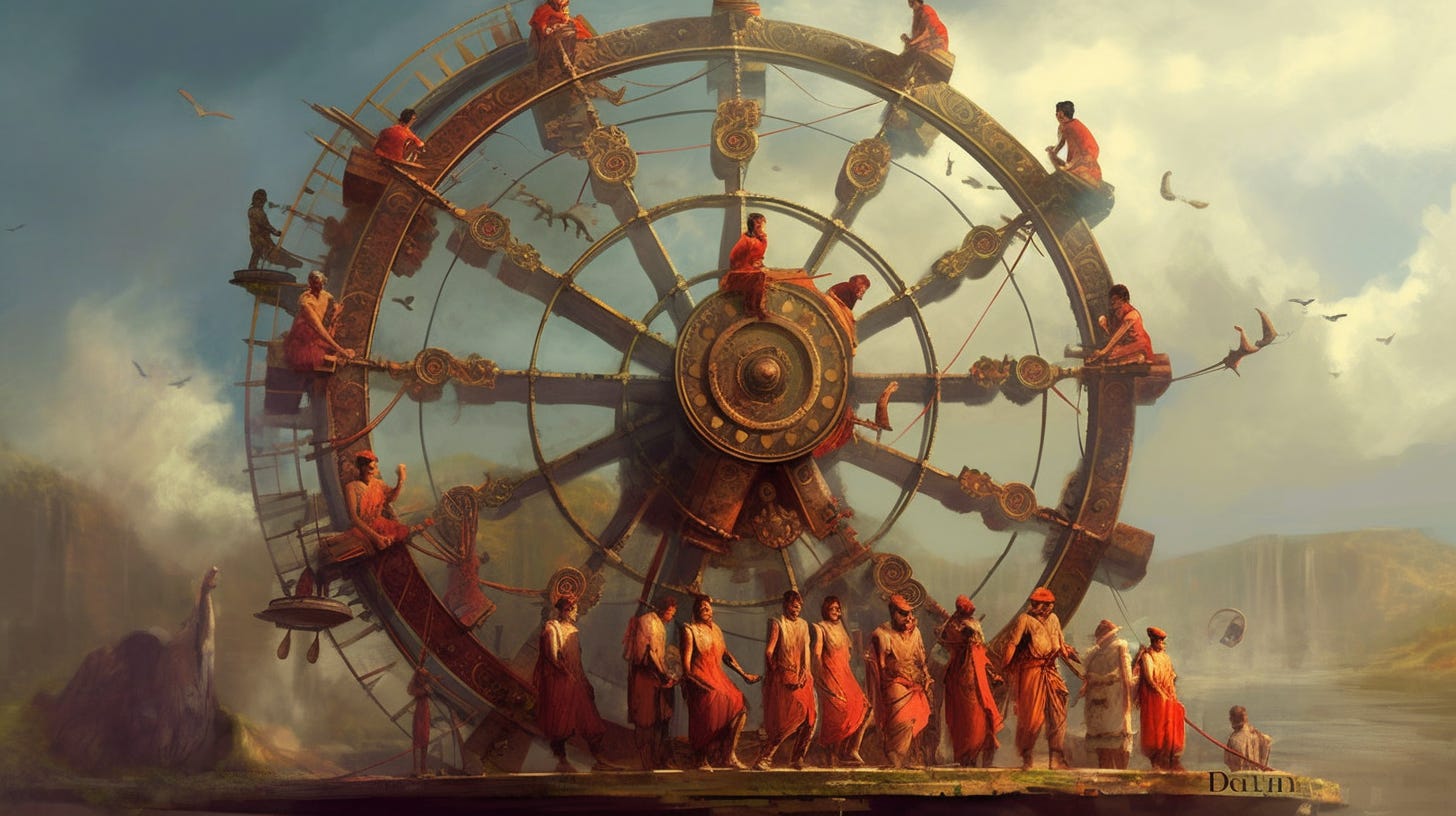 </figure>
</figure>3. You are just a “cog in a machine” under capitalism
Remember, most all these statements in this video are practically meaningless because it’s all vague promises with no specifics provided. In the proposed socialist society, I would like to know:
・How exactly will each person’s job and salary be determined?
・Who will make the rules that establish how each person’s job will be determined?
・If people are allowed to choose their jobs, do they have to be qualified for the job?
-Can a 21 year old English literature major be a Electronic Combat Solutions Process Engineer?
・Considering it takes more years of education and training to competently perform in certain jobs (Civil Engineer, Factory Operation Manager etc) would these people be paid more than say a waitress?
Moving on to 7:31, he says:
“We're interchangeable in the eyes of capital, and it's why so many people relate to the idea of being just a cog in the machine. That feeling of alienation is miserable and isolating…
Again, I would like to know what exactly does it mean to be “just a cog in the machine?”
<figure>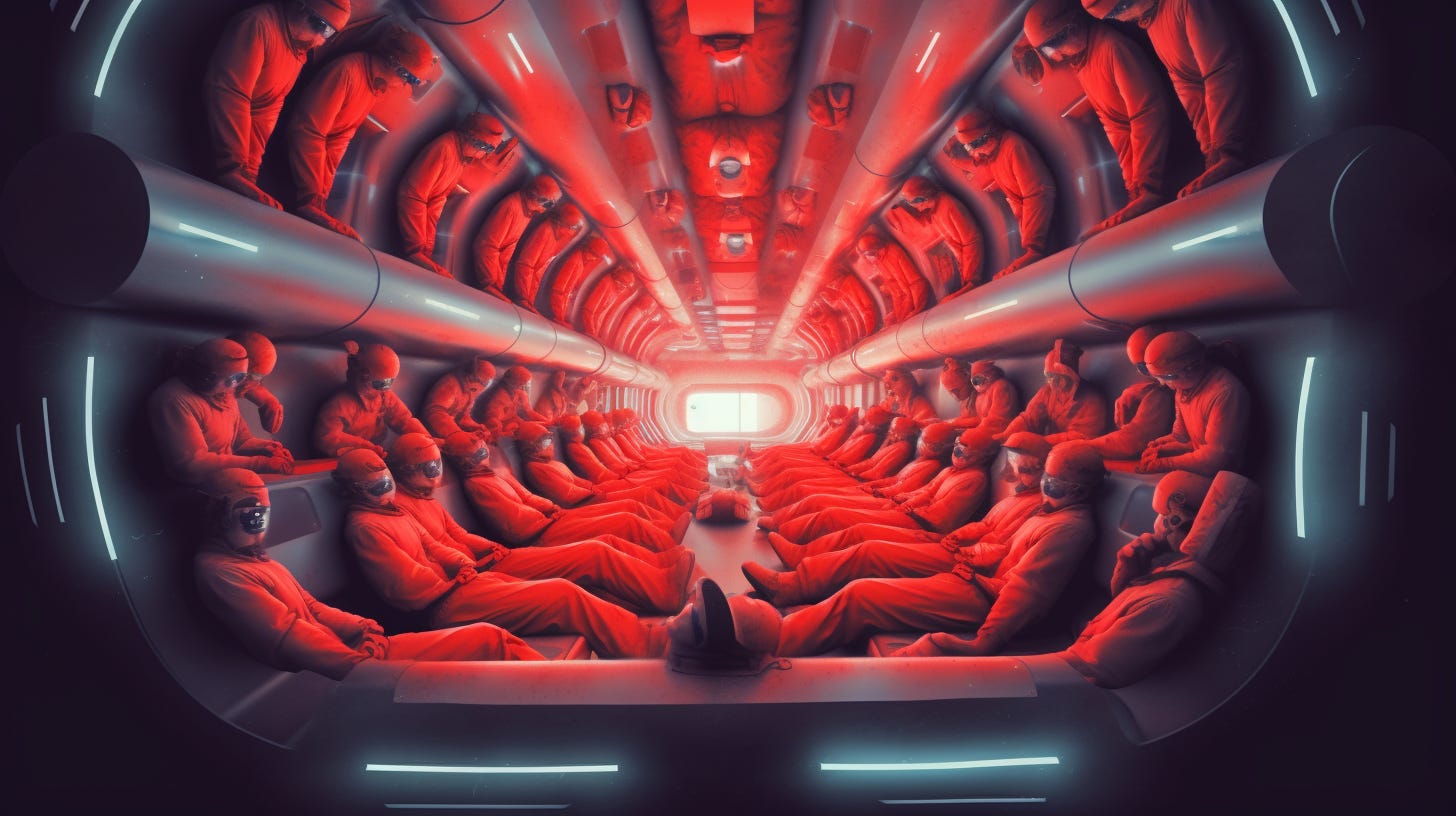 </figure>
</figure>I quite enjoy working on my Youtube channel. However, it may be that other Youtubers who completely have the freedom to determine their own hours, what they work on, who they work with and so on feel like a “cog in the machine” because they’re just one thousands of Youtube channels ‘forced’ to pump out content lest lose the favor of the benevolent Youtube algorithm. Would they feel any better if a socialist government deems that their Youtube channel doesn’t provide worthwhile value to the society so they are reassigned the job of orange chicken cooker?
Maybe all humans feel like a “cog” stuck in the ever turning wheel of samsara. So?
Saying so many people are just a “cog in the machine” is a fancy way of saying “isn’t it unfortunate that not everyone loves their job?”
Second Thought continues:
but it doesn't end there. Like, what about all the other cogs as commodities in a competitive market, we're constantly pitted against one another. Whether that's for job positions, promotions or layoffs, there are always fewer jobs than people to fill them.
Why should we expect socialism to generate an abundance of fulfilling jobs with great bosses?
And while you can be friends with your coworkers, in the back of your mind, there's always going to be a little voice that says, if the boss ever wants to fire someone, you'd rather it'd be them than you. Social cohesion is harder to come by in the zero sum competition that decides if you get to eat this month.
He makes it sound like this is another installment in the Saw series where the boss holds the firing gun to your head and says: ‘You have 5 minutes to find the key that is buried in this pile of rabbit droppings. If you don’t find it, you’re fired. If you do, your best buddy in the company gets fired.’
Also, apparently if you’re fired it means you will starve for the month despite the fact that in many cases the American government will compensate you for half of your earnings (up to a certain maximum) for up to 26 weeks.(S)
What he’s saying in so many words is: ‘Employers prefer competent employees over incompetent employees. If an employee is incompetent, he runs the risk of being fired.’
Now let’s address this idea that the free market is a “zero sum competition.”
4. Capitalism is Zero Sum?
Second Thought describes a workplace under capitalism as a “zero sum competition.” Put another way, he thinks that ‘as the rich get richer, the poor get poorer.’ While doing some digging for this post, I came across Alexandria Ocasio-Cortez (AOC) saying:
“You don’t make a billion dollars. You take a billion dollars.”
She’s echoing the concept that the economic pie is static, that the rich can only get rich by taking from the poor. This is completely false. The global economic pie has increased 100-fold since 1820. World GDP went from $1.2 trillion in 1820 to $108.12 trillion in 2015.
<figure>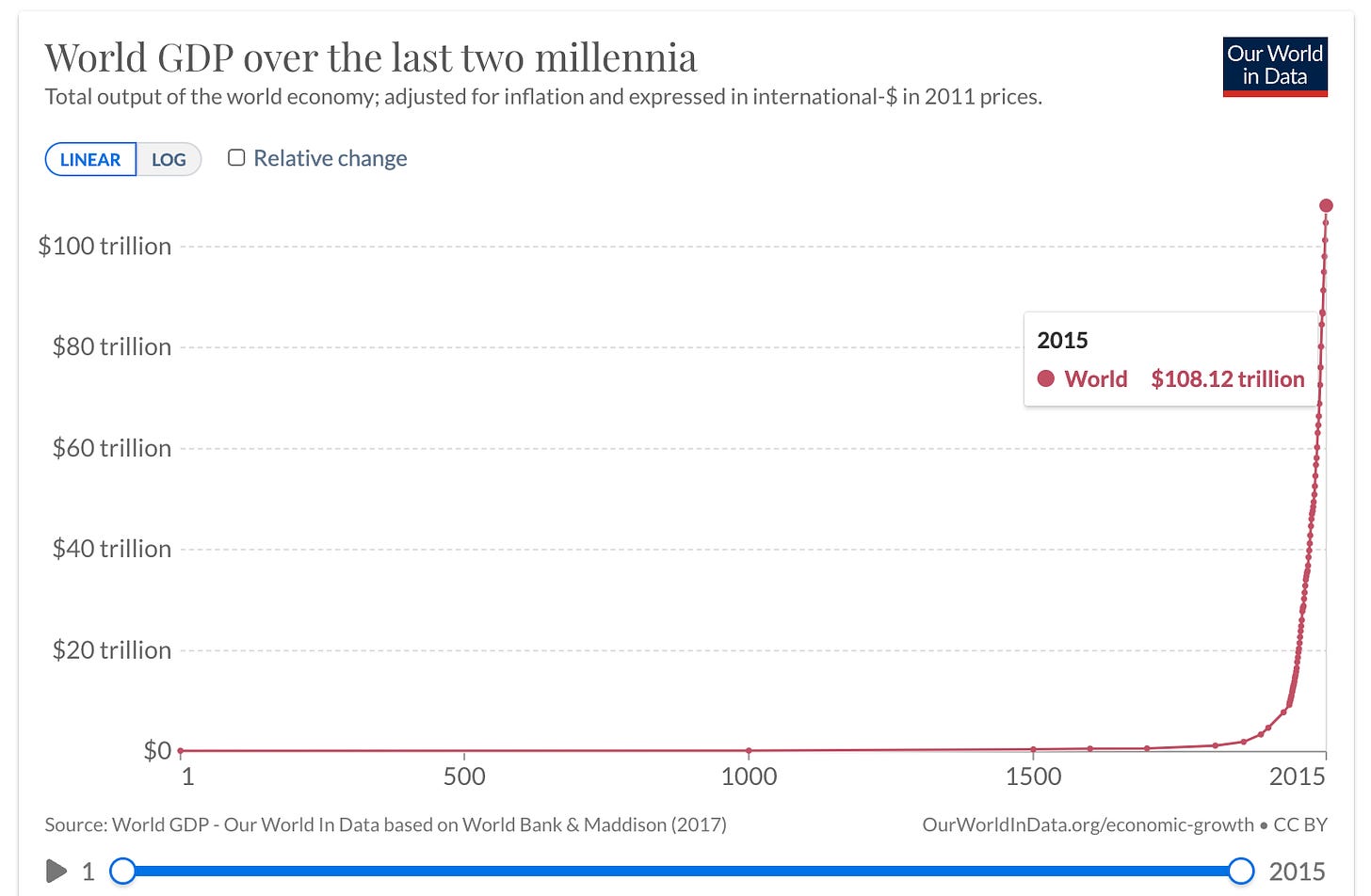 </figure>
</figure>The United States GDP increased from $543.3 billion in 1960 to $23.32 trillion in 2021.
<figure>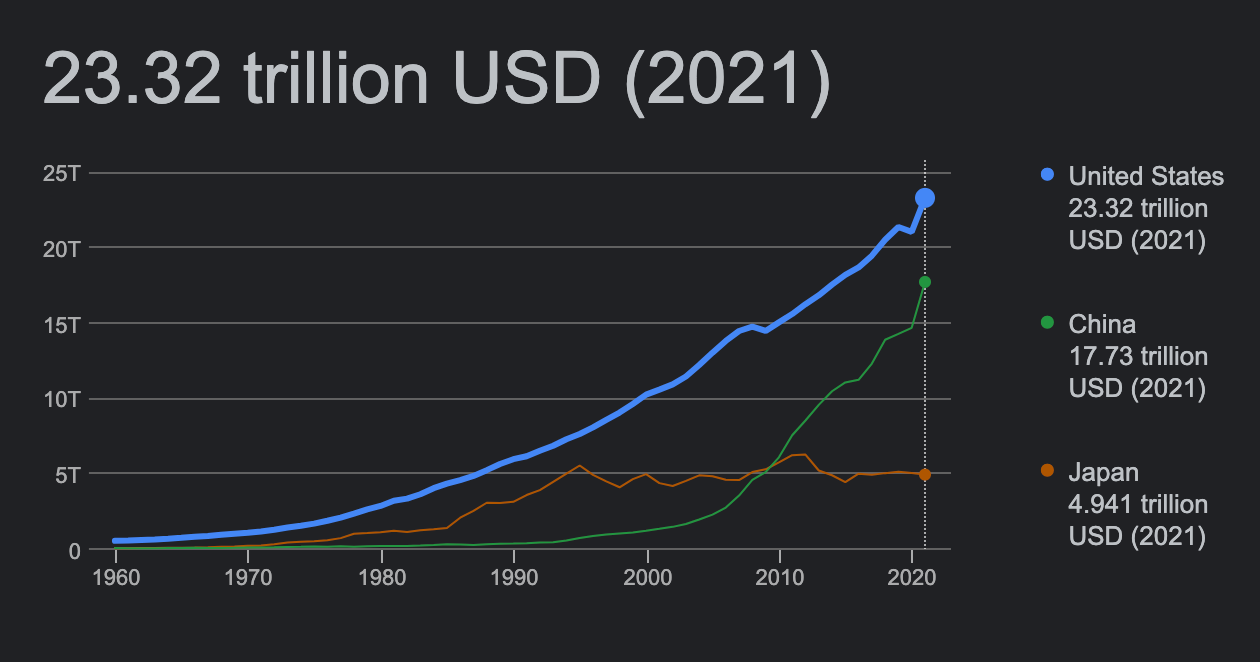 </figure>
</figure>The reality is that the rich get richer and the poor get richer too.
<figure>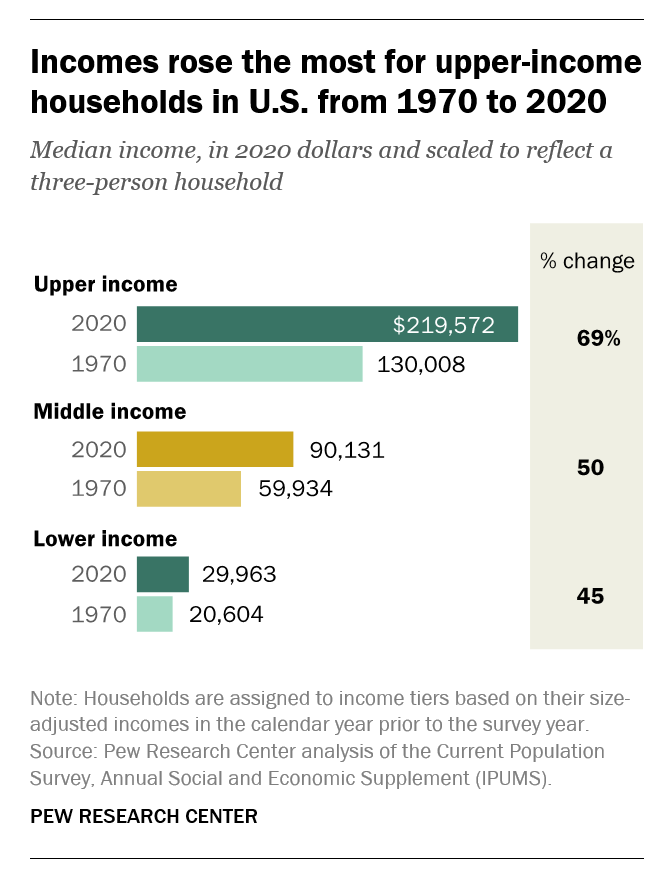 </figure>
</figure>Those greedy capitalists in the upper income bracket in the United States experienced a 69% increase in their household income from 1970 to 2020 … but those in the middle income bracket and those in the lower income bracket also experienced a significant rise in household income - 50% and 45% respectively.
Further,
“Between 1979 and 2019, average income, both before and after means-tested transfers and federal taxes, grew for all quintiles (or fifths) of the income distribution, but it increased most among households in the highest quintile.” -Congressional Budget Office<figure>
 </figure>
</figure>“I came across George Orwell's famous critique of left-wing thinking in the UK in a book called road to Wigan pier where he basically made the claim that the Socialists that he knew, especially the middle class ones didn't give a damn about the poor. They just hated the rich. … Hatred actually turns out to be a very powerful motivation.” -Jordan Peterson
<figure>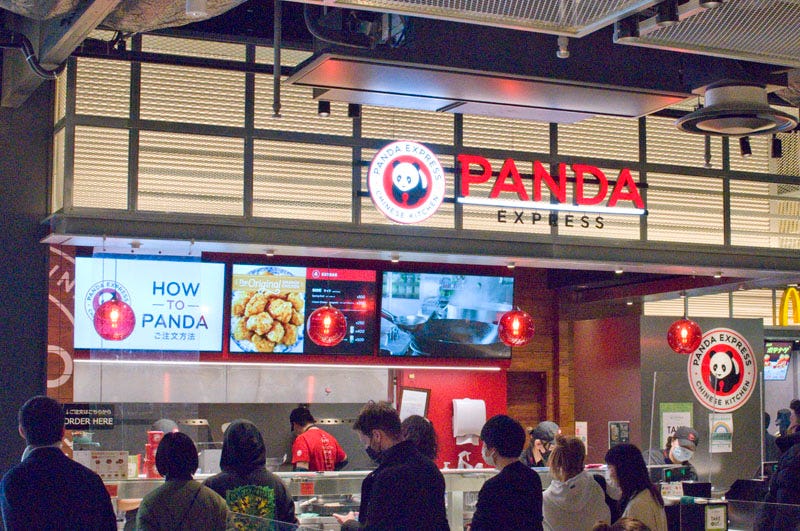 </figure>
</figure>Panda Thieves
Panda Express is the biggest Mom & Pop Chinese restaurant. Andrew and Peggy Cherng dedicated 45 years to growing the company and turned themselves into billionaires. Panda express nowadays sells 110 million pounds of orange chicken a year. People clearly value the orange chicken more than the cost of its constituents: chicken, egg white, corn starch, sugar, vinegar, orange juice et cetera because customers they voluntarily choose to pay for it. Obviously this is how the Cherngs derive their profits - they sell enough orange chicken at a price that is higher than the cost of their restaurants, the wages they need to pay to their employees, the ingredients necessary to the chicken and so on.
<figure> </figure>
</figure>Here, a socialist would say: ‘that orange chicken would not exist without the workers who make it. The workers are generating all the value but they don’t get to decide what to do with the profits. The workers should own the means of production’
Why should the Cherngs be privy to all that profit? Well, besides the fact that the workers voluntarily entered into an agreement to be paid for their labor without the expectation of getting a chunk of the profit… the Cherngs have carried all the risk necessary to establish the framework needed to make a worker at Panda Express’s labor valuable in the first place.
Coming up with a business plan, securing necessary funding whether it be personal savings or burdening the risk of taking out a loan, establishing the necessary legal structure, securing the necessary licenses and permits to operate a restaurant, designing and constructing the actual restaurant (or purchasing/renting an existing building), developing and refining the menu, paying for the ingredients necessary to prepare the food, paying for utilities and so on and so on … these steps all constitute a huge risk. The Cherngs could have done all that, found themselves in the red month after month and just bled money until they went bankrupt. In that case, the employees they hired to cook the chicken would be out of a job, but they wouldn’t have to pay off the Cherng’s debts. They didn’t burden the risk.
Further, had the Cherngs not gone through that massive process the workers ‘labor’ would be completely useless unless people on the street were willing to pay them for their mime performance.
Let’s get back to AOC and Second Thought - At what point in this process are the Cherngs doing the “taking” necessary to become billionaires? Was it when they gave their employees money in exchange for their labor? Or was it when customers valued their product enough to voluntarily pay Panda Express the price listed on the menu?
<figure>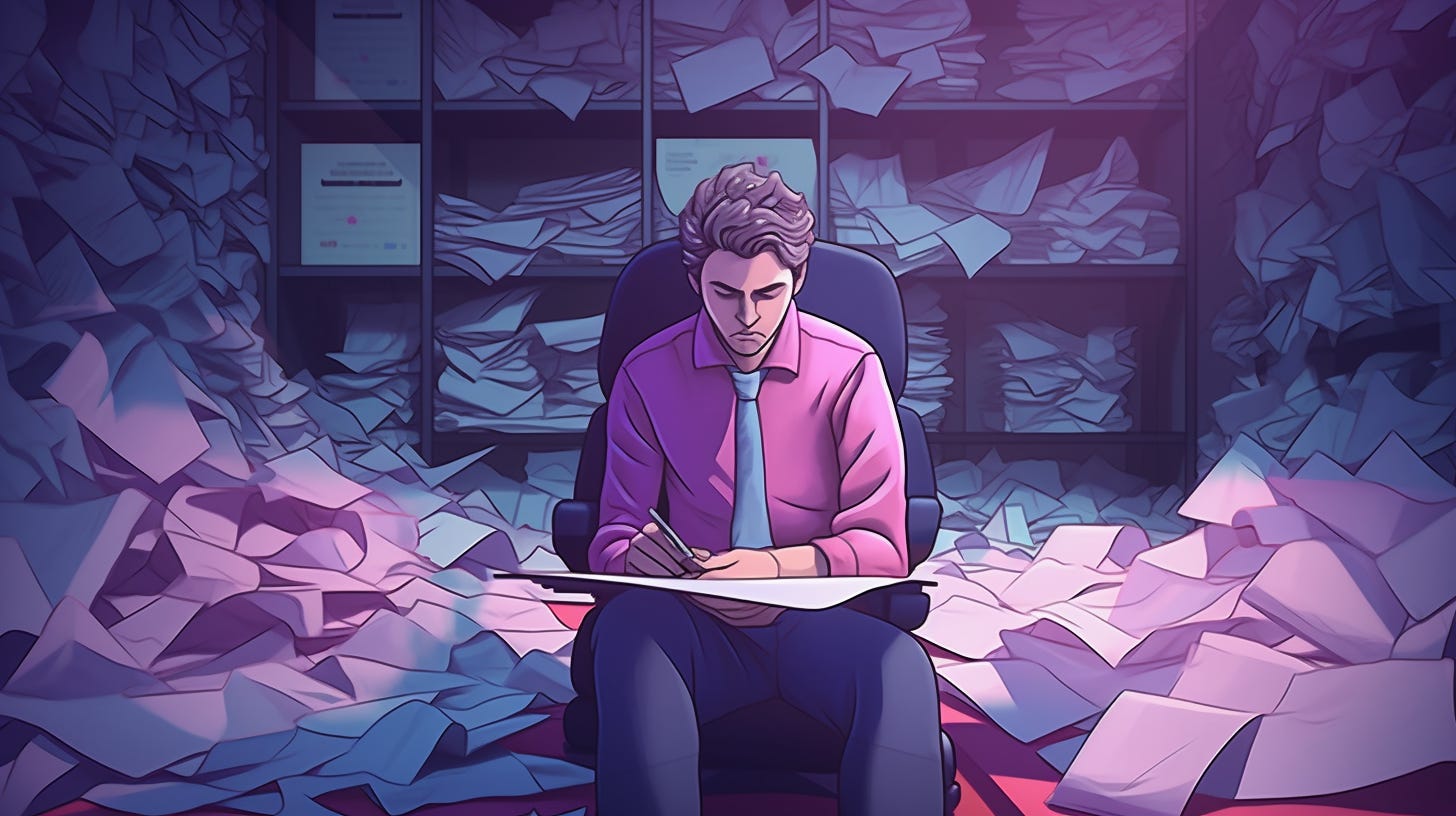 </figure>
</figure>5. Work exploits you into being lonely?
Second Thought says:
“…Not only does capitalism's reliance on a competitive labor force contribute to us feeling lonely at work, its demand for ever greater exploitation makes work a larger part of a lonelier life.”
I’m really not understanding how it is exploitation when someone willingly applies for a job, willingly enters into an employment contract that determines their wage, honors that contract by performing the work they promised, and then received the wage they were promised.
Is he referring to a specific situation where people are not paid the amount they were promised or they were forced to do unpaid overtime?
<figure>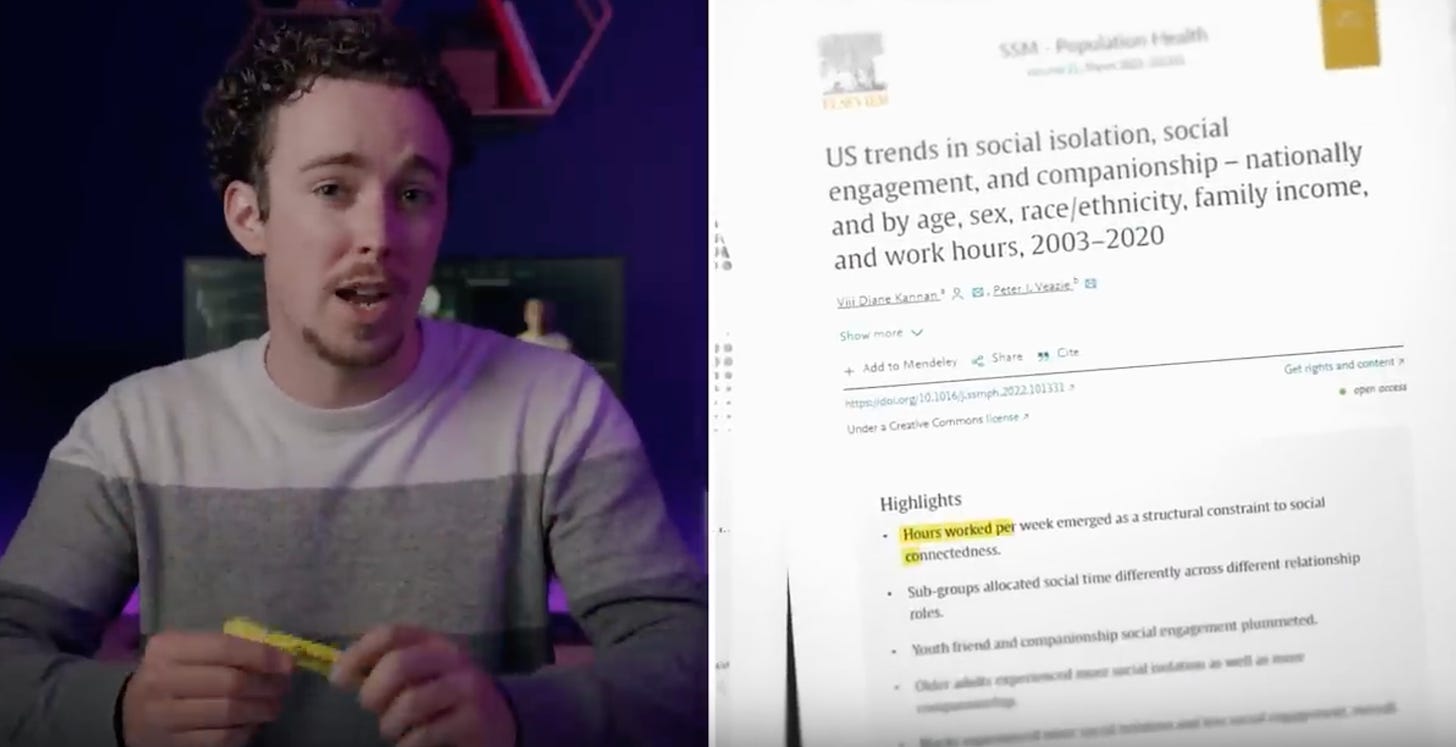 </figure>
</figure>He pulls up a study titled US trends in social isolation, social engagement, and companionship ⎯ nationally and by age, sex, race/ethnicity, family income, and work hours, 2003–2020 and points out that it says
Hours worked per week emerged as a structural constraint to social connectedness.
That is, the more you work, the more lonely you are. Yes, if you spend all your time at work, you have less time to be with your friends. So? Again, what is the exact reason we should assume work in a socialist country would be less lonely?
Second thought says at 10:03 that
“Your boss will always be trying to make you work more and pay you less. That's one of the main ways they increase their profits.<figure>
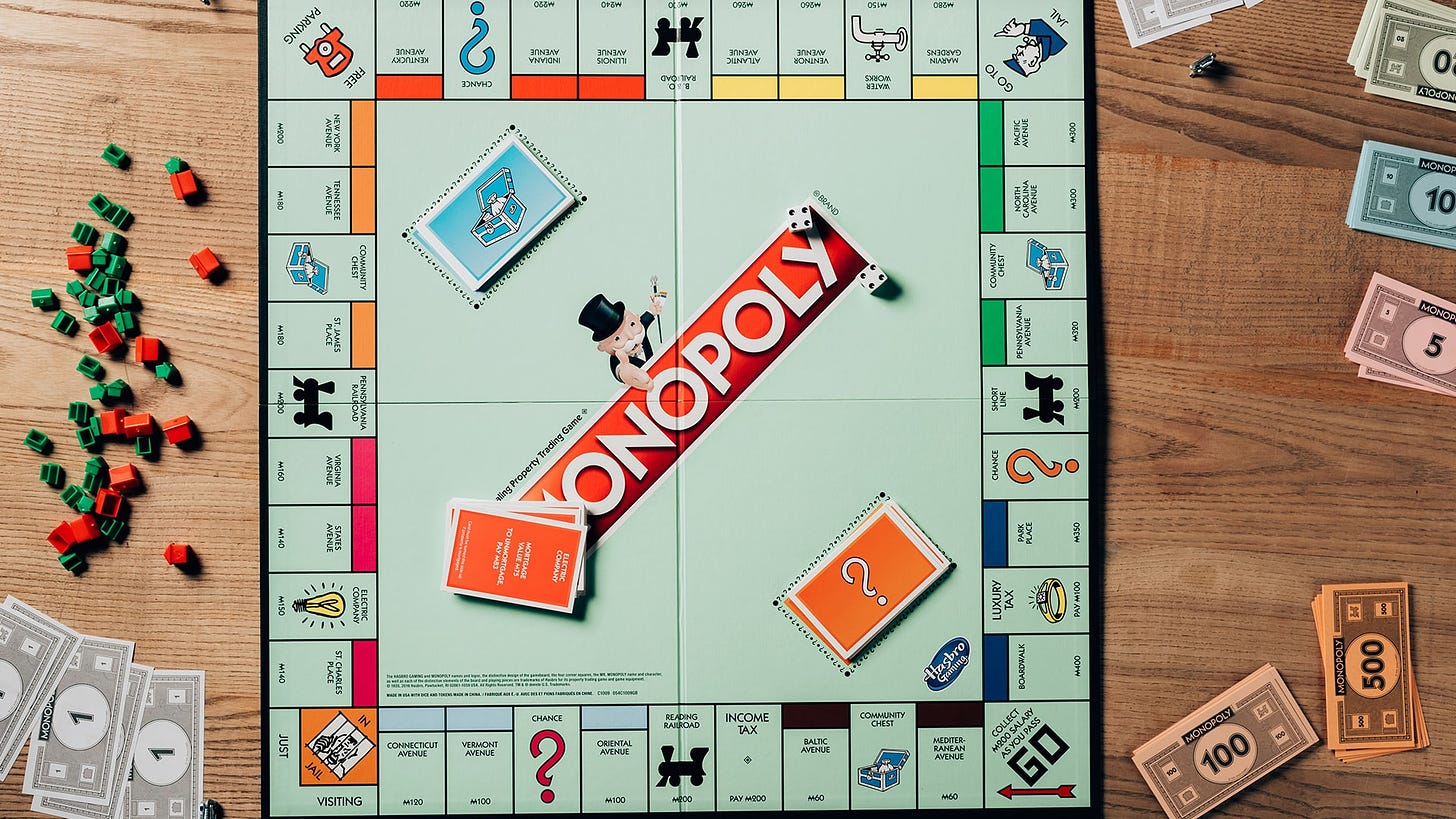 </figure>
</figure>This is wrong. When you have companies competing for labor, the price of that labor goes up. This situation Second Thought is talking about can only happen in a monopolistic situation and this is the reason why antitrust laws exist.
The best way for a capitalist to satisfy his greed for more profit is to appropriately reward the people who demonstrate competence in increasing your profits. A fantastic way to lose profit is to not pay your employees sufficiently and have them quit your company and stop producing value for you.
This is the end of Part 1. In Part 2, We’ll take a look at the solutions Second Thought proposes, how young people’s lifestyles nowadays discourage the necessary interfacing with reality to encourage practical thinking and more on this concept of Utopia First.
